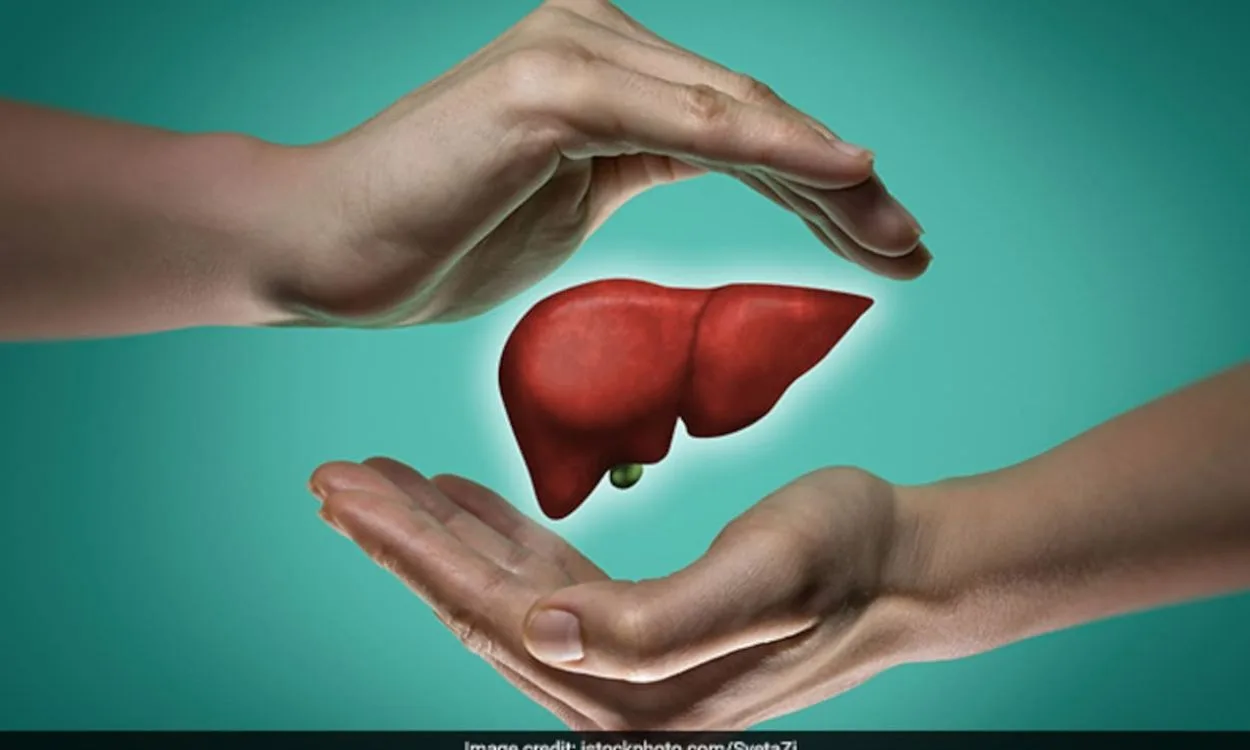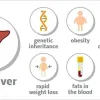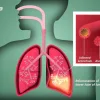How can fatty liver be prevented?
Fatty liver disease, also known as hepatic steatosis, occurs when there is an accumulation of fat in the liver cells. It is a common condition that can lead to liver inflammation, scarring, and even liver failure if left untreated. Fortunately, fatty liver can often be prevented or managed through simple lifestyle changes. In this article, we will discuss various strategies and tips to help prevent fatty liver.
1. Maintain a Healthy Weight
- Obesity is a major risk factor for fatty liver disease. It is important to maintain a healthy weight to prevent the accumulation of fat in the liver.
- Aim for a balanced diet that is low in processed foods, high in fruits and vegetables, and includes lean proteins.
- Regular exercise is crucial as it helps burn excess calories and promotes overall weight management.
2. Avoid Excessive Alcohol Consumption
- Alcohol is a leading cause of liver disease, including fatty liver.
- Limit alcohol intake according to the recommended guidelines. For men, it is advisable to consume no more than two standard drinks per day, and for women, no more than one standard drink per day.
3. Choose Healthy Fats
- Replace unhealthy saturated and trans fats in your diet with healthier options, such as monounsaturated fats and polyunsaturated fats.
- Include foods like avocados, nuts, seeds, and fatty fish (like salmon) that are rich in omega-3 fatty acids, which have been shown to have protective effects on the liver.
4. Control Blood Sugar Levels
- High blood sugar levels, often associated with conditions like obesity and diabetes, can contribute to fatty liver disease.
- Maintain stable blood sugar levels by consuming a balanced diet that is low in refined sugars and carbohydrates.
- Regular physical activity can also help improve insulin sensitivity and control blood sugar levels.
5. Be Cautious with Medications
- Certain medications, such as corticosteroids, tamoxifen, and methotrexate, can contribute to liver damage and fatty liver disease.
- Always follow the instructions provided by your healthcare professional and be aware of potential side effects.
- If you have any concerns about the medications you are taking, consult with your doctor.
6. Stay Hydrated
- Drinking an adequate amount of water helps maintain overall liver health.
- Aim to drink at least 8-10 glasses of water throughout the day to ensure proper hydration.
7. Avoid Exposure to Toxins
- Minimize exposure to environmental toxins and chemicals that can harm the liver.
- Use protective measures and follow safety guidelines when handling hazardous substances.
8. Get Regular Check-ups
- Regular visits to your healthcare provider can help monitor your liver health and detect any early signs of fatty liver disease.
- Follow your doctor’s advice and undergo regular screenings to assess liver function and overall health.
Although these preventive measures can significantly reduce the risk of fatty liver disease, it is important to consult with a healthcare professional for personalized advice and guidance.
Now, if you are looking for a comprehensive and personalized approach to achieve your health and fitness goals, consider downloading the Fitpaa app. With Fitpaa, you will have access to a team of experts, including fitness coaches, nutritionists, and doctors, who will guide you every step of the way. The Fitpaa app combines state-of-the-art technology with evidence-based research to optimize your metabolism and help you achieve your goals with guaranteed results. Don’t wait any longer – take control of your health and download the Fitpaa app today!
Experience the joy of being fit, healthy, and thriving with Fitpaa – your well-being is our mission!









